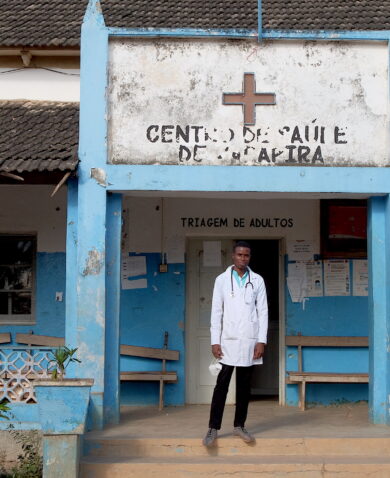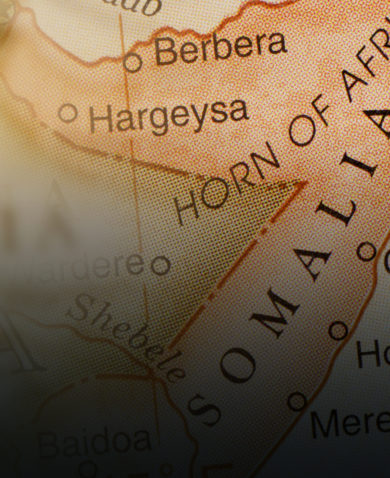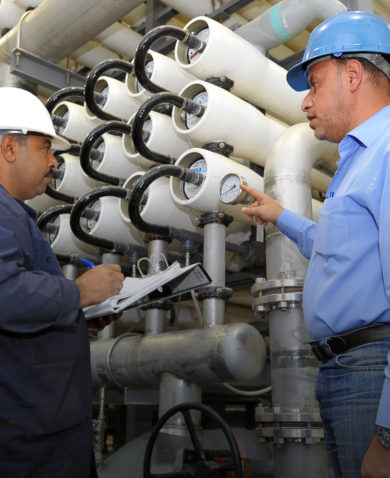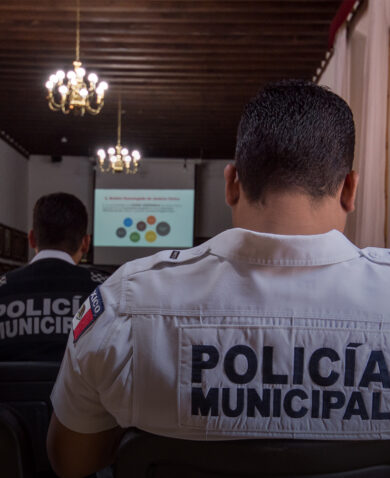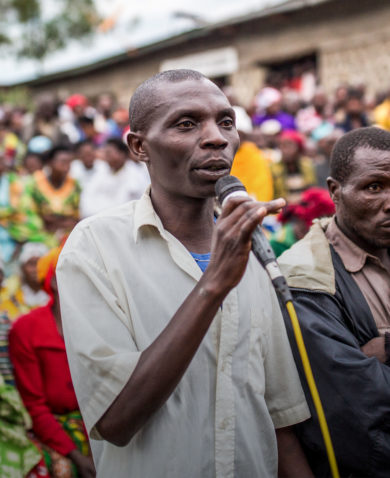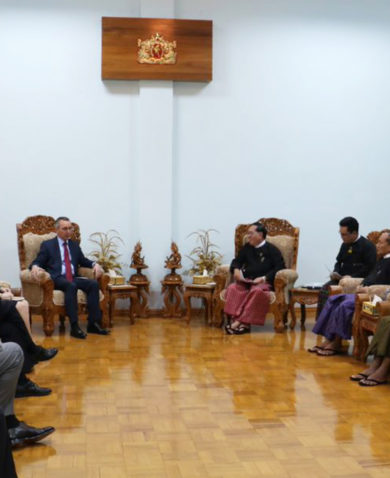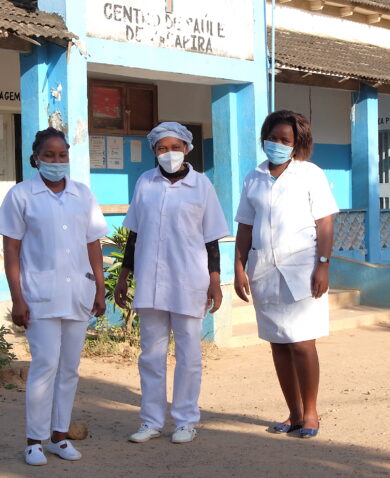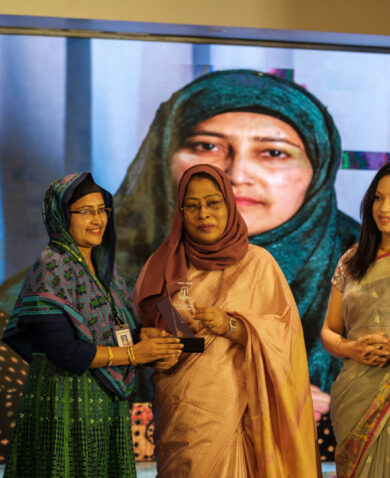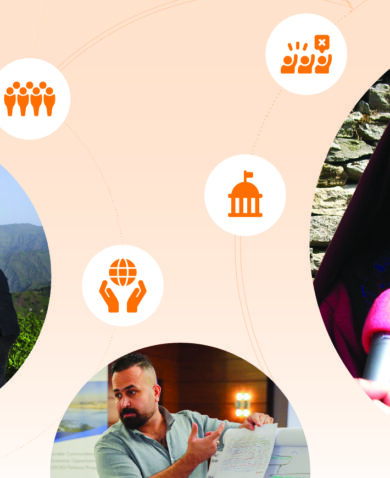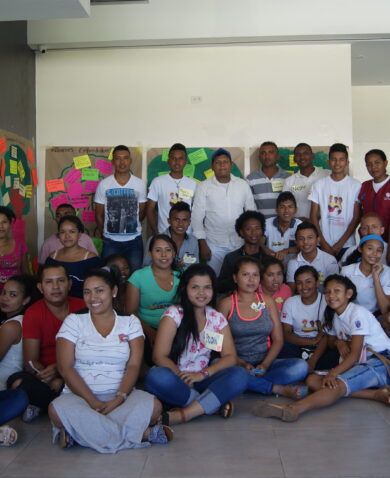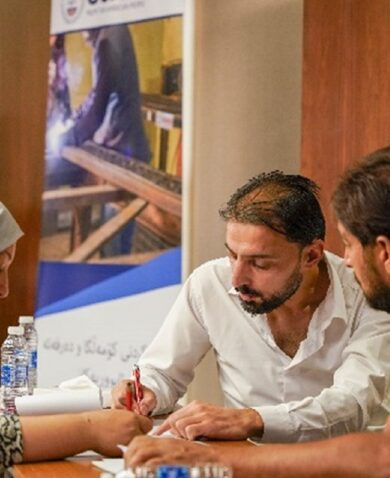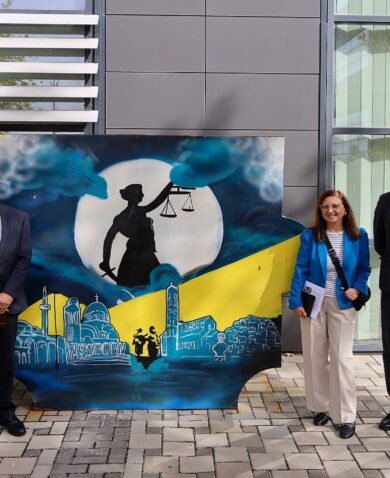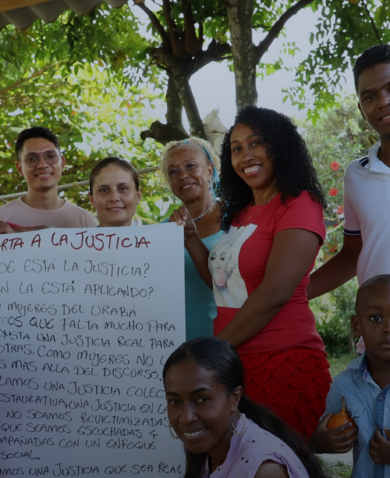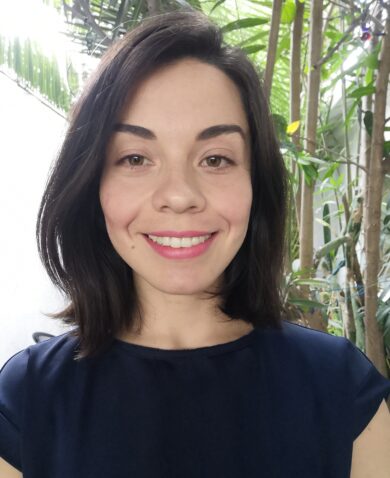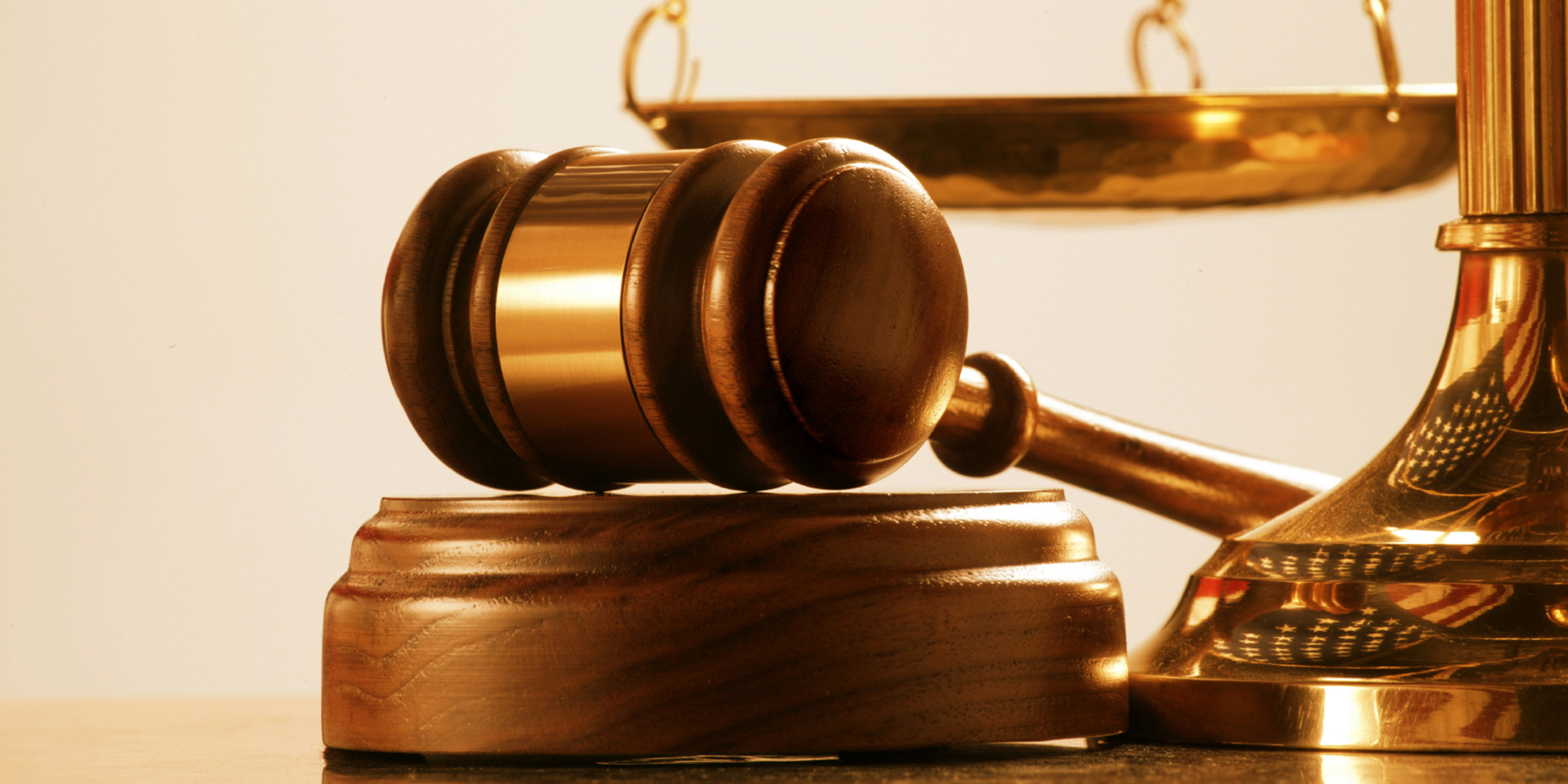
3 Questions with Rosa Jimenez: Prosecuting Criminals in the Dominican Republic
July 5, 2016 | 2 Minute ReadThe Dominican Republic has one of the highest crime rates in the Caribbean. In this post, Rosa Jimenez discusses how the justice system can improve its ability to prosecute criminals.
The Dominican Republic has one of the highest crime rates in the Caribbean. In your view, what is the most pressing challenge facing the country’s criminal justice system?
The essence of the problem is our low prosecution rate. As you say, the Dominican Republic is the fourth most crime-prone country in the Caribbean. Over the last 10 years, the annual number of homicides has doubled. The justice system has not been able to keep pace. In some cases, prosecutors’ backlogs stretch out years. Meanwhile, prisons are packed with accused persons waiting months or years to stand trial.
There are many reasons for this. First, there just aren’t enough prosecutors to handle the number of cases coming in. Second, prosecutors are often asked to deal with cases that didn’t need to enter the justice system in the first place because they can be mediated. Third, the prosecutions are often weak. Police and prosecutors sometimes don’t understand their roles, don’t perform their jobs in accordance with the law, or fail to cooperate with each other. For example, a police officer might mishandle evidence and make it inadmissible in court.
Marginalized groups like migrants from Haiti have a particularly hard time accessing the justice system. How can a stronger criminal justice system benefit these communities?
Limited access to justice can’t be seen just in terms of physical location. You have to think in terms of populations that the justice system serves. For marginalized groups, accessing the system is very difficult. These are groups like victims of gender-based violence, migrants without documentation (mostly from Haiti), or people living with stigmatized disabilities or illnesses like HIV/AIDS. In the Dominican Republic, such groups present special cases for investigators and prosecutors who might not understand how to address their cases or may discriminate against them.
Take gender-based violence, for example. We’ve seen an increase in gender-based violence over the last 15 years. Victims are sometimes re-victimized by the system because people haven’t been trained to handle these cases appropriately. Too often everything is working against them so they give up. To address this problem we’re introducing designing training on marginalized groups to be rolled out in the country’s schools for prosecutors, police, and others. We’re also partnering with 10 local NGOs to run community centers in the violent neighborhoods, where residents can resolve disputes instead of going straight to the police or prosecutors.
What role do you see civil society playing in improving the country’s criminal justice system?
Civil society has a major role to play for many reasons. They have a strong presence in areas that need to be targeted. On CJSSP, we work with civil society to manage what we call “justice houses,” essentially community centers in violent neighborhoods that help residents resolve disputes rather than going to the police or prosecutors. The idea is to make sure the human rights of these groups are respected while at the same time cutting down on the workloads for prosecutors. The four local NGOs we partner with to manage the houses already have a trusted presence in these neighborhoods and are essential to our success. We’re also partnering local NGOs to improve access to justice for marginalized groups like undocumented migrants, the LGBT community, people living with HIV/AIDS, and victims of gender-based violence.







